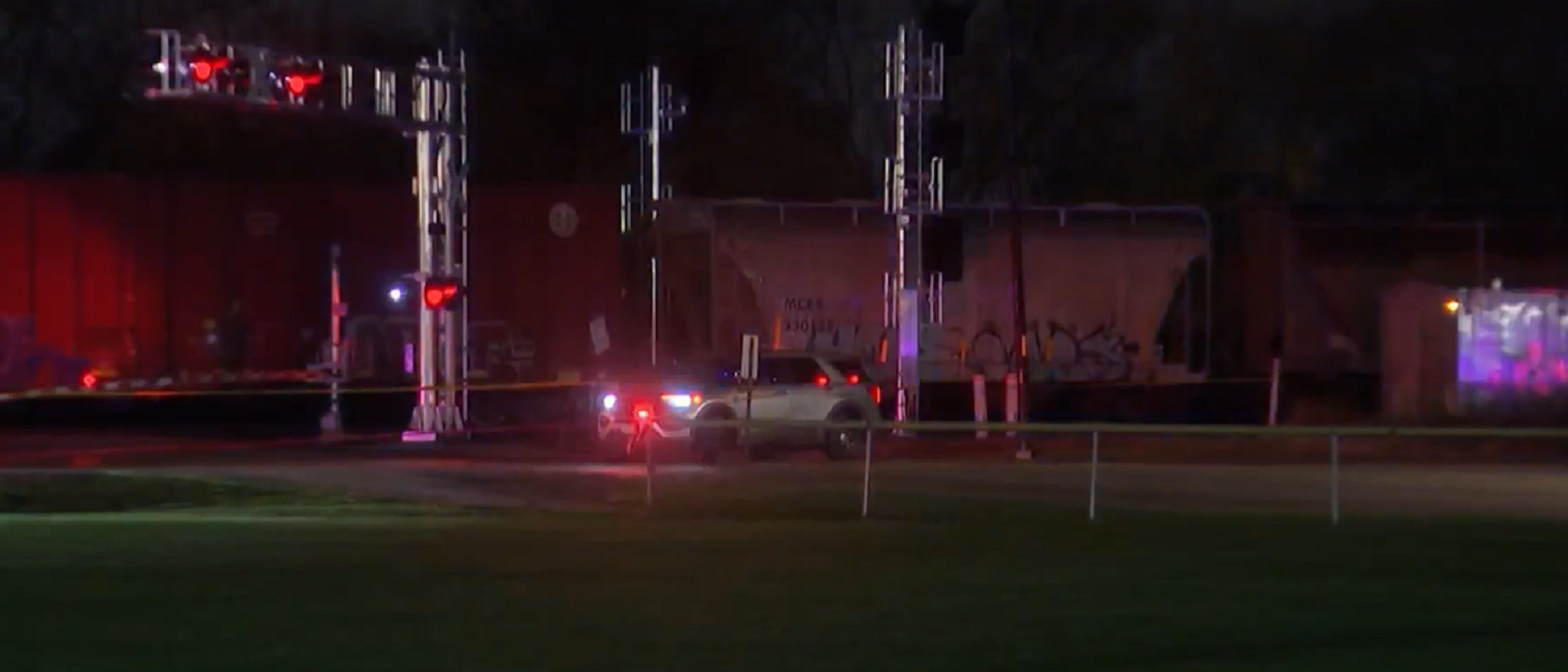Starbucks workers at more than 100 U.S. stores, including multiple in Chicago and Illinois, say they're going on strike Thursday in what would be the largest labor action since a campaign to unionize the company’s stores began late last year.
The walkouts are scheduled to coincide with Starbucks’ annual Red Cup Day, when the company gives free reusable cups to customers who order a holiday drink. Instead, workers say they'll be handed out "Starbucks Workers United" branded cups outside stores where strikes are taking place. Workers say it’s often one of the busiest days of the year. Starbucks declined to say how many red cups it plans to distribute.
Workers at stores located at Armitage and Hoyne, and Ridge and Clark, are planning to join the nationwide strike, according to a release. A so-called "Red Cup Rebellion Parade" is expected to begin at 10 a.m.
“We unionize and they retaliate, they fire us, close our stores, deny us promised benefits and wage increases," said Chicago organizer Reed Essex. "We come to the table and they leave that table. They have money to pay lawyers an exorbitant cost, for hotel rooms, for round trip flights, but no money for our labor, no money to spend on us. Yet still they pretend to be the smiling, genial multi-billion dollar company with a workforce of over 300,000 people and no problems whatsoever. There are consequences to their actions, and if they ever thought otherwise, they’ve got another thing coming.”
In a statement to NBC Chicago, Starbucks said it was aware of the planned union demonstrations "at a small number of our U.S. company-owned stores."
" In those locations where partners choose to participate, we respect their right to engage in lawful protest activity – though our focus has been, and continues to be, on uplifting the Starbucks experience for our partners and customers," the company said. "We remain committed to all partners and will continue to work together, side-by-side, to make Starbucks a company that works for everyone. In those stores where partners have elected union-representation, we have been willing and continue to urge the union to meet us at the bargaining table to move the process forward in good faith."
Workers say they're seeking better pay, more consistent schedules and higher staffing levels in busy stores. Starbucks opposes the unionization effort, saying the company functions best when it works directly with employees. The Seattle coffee giant has more than 9,000 company-owned stores in the U.S.
Local
Stores in 25 states planned to take part in the labor action, according to Starbucks Workers United, the group organizing the effort. Some workers planned to picket all day while others planned shorter walkouts. The union said the goal is to shut the stores down during the walkouts.
At least 257 Starbucks stores have voted to unionize since late last year, according to the National Labor Relations Board. Fifty-seven stores have held votes where workers opted not to unionize.
Feeling out of the loop? We'll catch you up on the Chicago news you need to know. Sign up for the weekly Chicago Catch-Up newsletter.
Starbucks and the union have begun contract talks at 53 stores, with 13 additional sessions scheduled, Starbucks Workers United said. No agreements have been reached so far.
The process has been contentious. Earlier this week, a regional director with the NLRB filed a request for an injunction against Starbucks in federal court, saying the company violated labor law when it fired a union organizer in Ann Arbor, Michigan. The regional director asked the court to direct Starbucks to reinstate the employee and stop interfering in the unionization campaign nationwide.
It was the fourth time the NLRB has asked a federal court to intervene. In August, a federal judge ruled that Starbucks had to reinstate seven union organizers who were fired in Memphis, Tennessee. A similar case in Buffalo has yet to be decided, while a federal judge ruled against the NLRB in a case in Phoenix.
Meanwhile, Starbucks has asked the NLRB to temporarily suspend all union elections at its U.S. stores, citing allegations from a board employee that regional officials improperly coordinated with union organizers. A decision in that case is pending.



